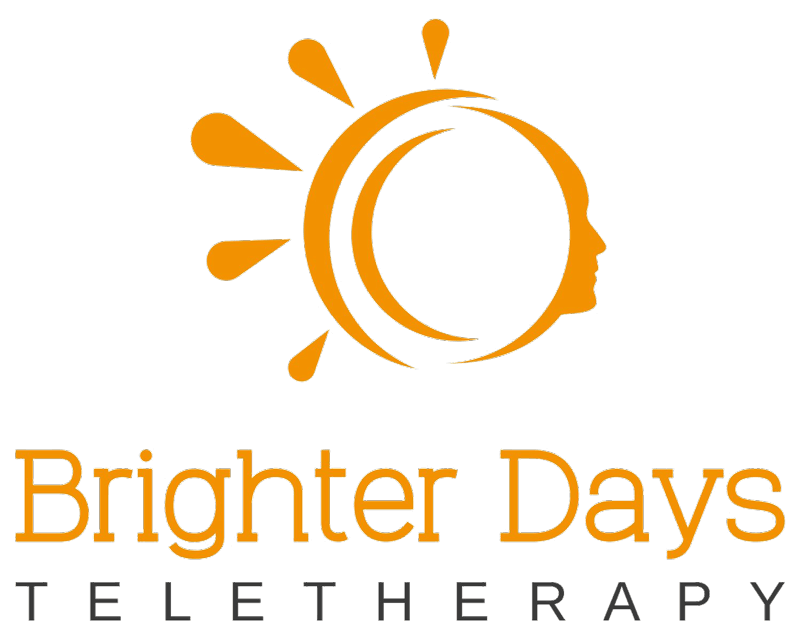Treatment Resistant Depression and EMDR
Recently we have seen an influx of clients to our practice with treatment resistant depression, or TRD. Treatment-resistant depression (TRD) is a term used to describe cases of major depressive disorder (MDD) in which a person does not respond adequately to at least two different forms of treatment. This can include medication, psychotherapy, Electroconvulsive therapy (ECT,) or a combination of these.
People with TRD often experience prolonged periods of depression that are not relieved by standard treatments, and may experience significant impairment in their daily lives. TRD can be very difficult to treat, and it's often challenging to find an effective treatment plan.
There are a number of factors that can contribute to treatment-resistant depression, including:
Complexity of the case, such as comorbid conditions (e.g. anxiety disorder, PTSD, bipolar disorder)
Underlying medical conditions
Medication noncompliance
Inadequate dosing or duration of treatment
Unrecognized or untreated co-occurring disorders
Treatment by non-specialist
Psychological factors such as high stress or trauma history
Some of these people are encouraged by their psychiatrists to seek Eye Movement and Desensitization and Reprocessing Therapy (EMDR) for their depression. While we have known for many years that EMDR has proven successful in the treatment of depression, not much is known about how effective EMDR is for TRD.
Eye Movement Desensitization and Reprocessing (EMDR) is a form of psychotherapy that has been shown to be effective in treating a variety of conditions, including post-traumatic stress disorder (PTSD). Research on the use of EMDR for treatment-resistant depression is limited, but a few studies have suggested that it may be beneficial.
A small study published in the Journal of Traumatic Stress in 2007 found that EMDR was as effective as cognitive behavioral therapy (CBT) in reducing symptoms of depression and anxiety in individuals with treatment-resistant PTSD.
Another study published in the Journal of Anxiety Disorders in 2010 found that EMDR was more effective than relaxation therapy in reducing symptoms of depression, anxiety, and PTSD in individuals with treatment-resistant depression.
However, it's important to note that the research on EMDR for treatment-resistant depression is still limited and further studies are needed to fully understand its effectiveness.
It's important to note that TRD is a complex condition and it's often challenging to find an effective treatment plan. It's important to work with a qualified mental health professional to develop an individualized treatment plan that is tailored to your specific needs and circumstances. Here at Brighter Days Teletherapy, we treat TRD with EMDR only after a careful history and assessment for appropriate fit. If you would like to see if you would be a good fit to use EMDR to treat your treatment resistant depression, please schedule a free consult by calling us at (310) 803-3270, or filling out our contact form. We believe there is hope for people with TRD and our goal is to assist our clients in finding that hope again.

